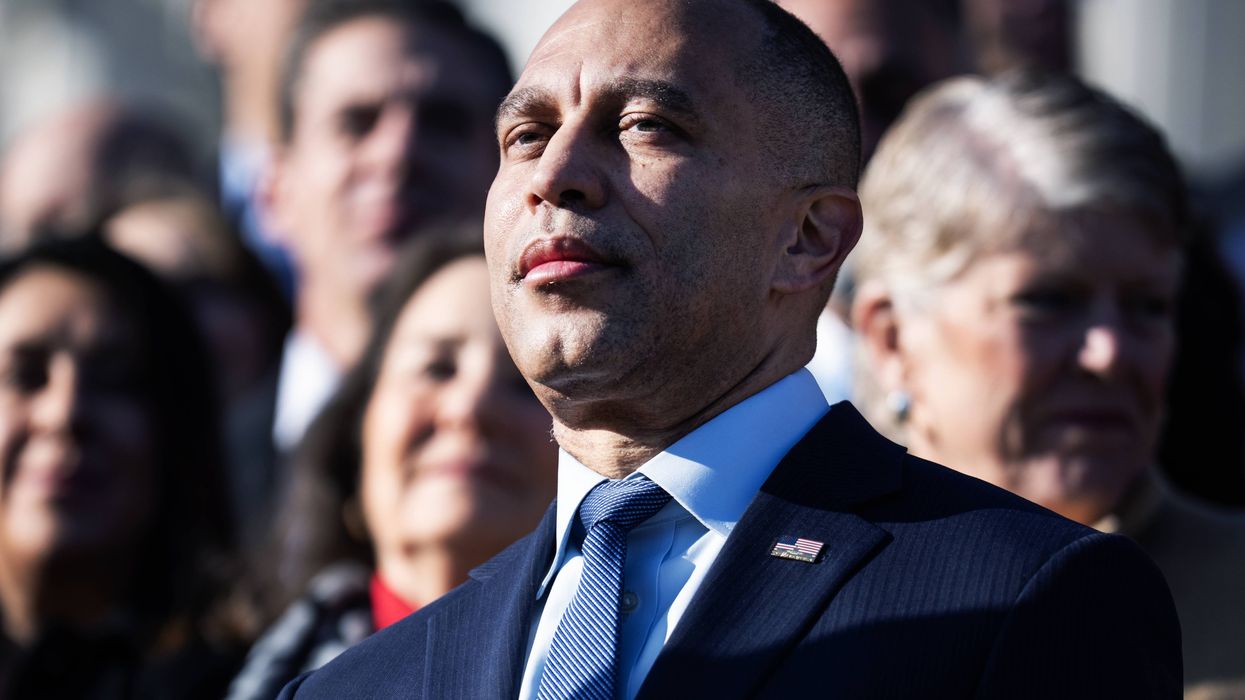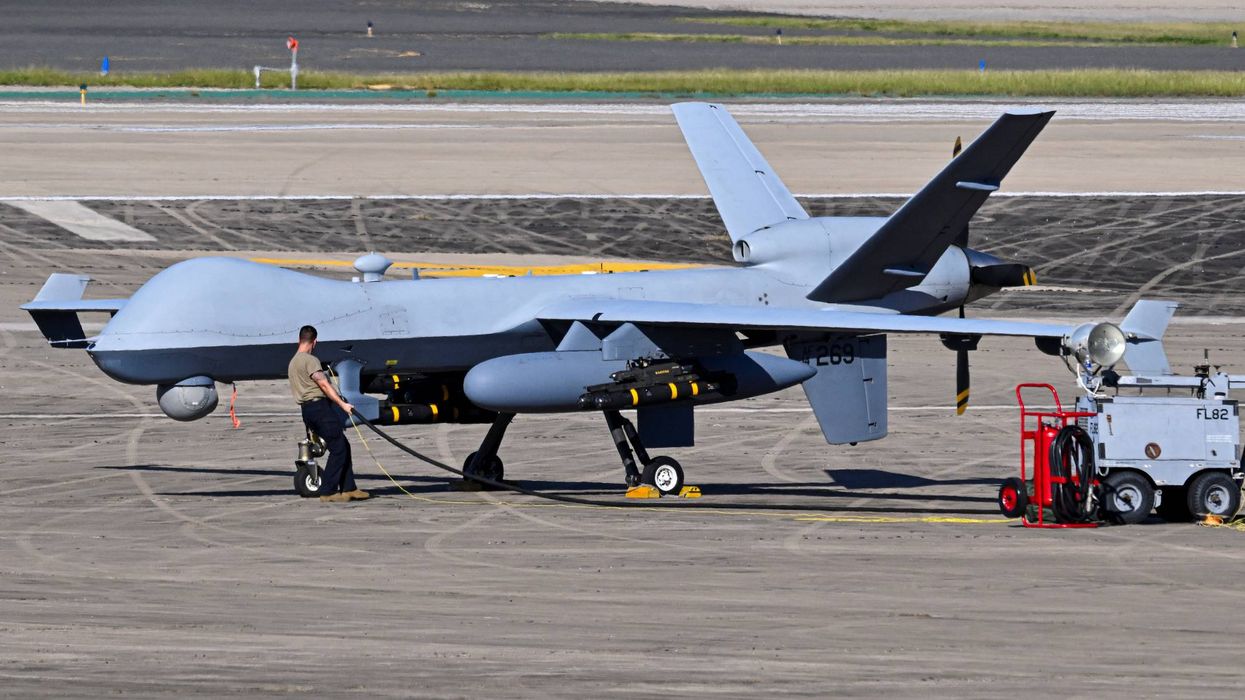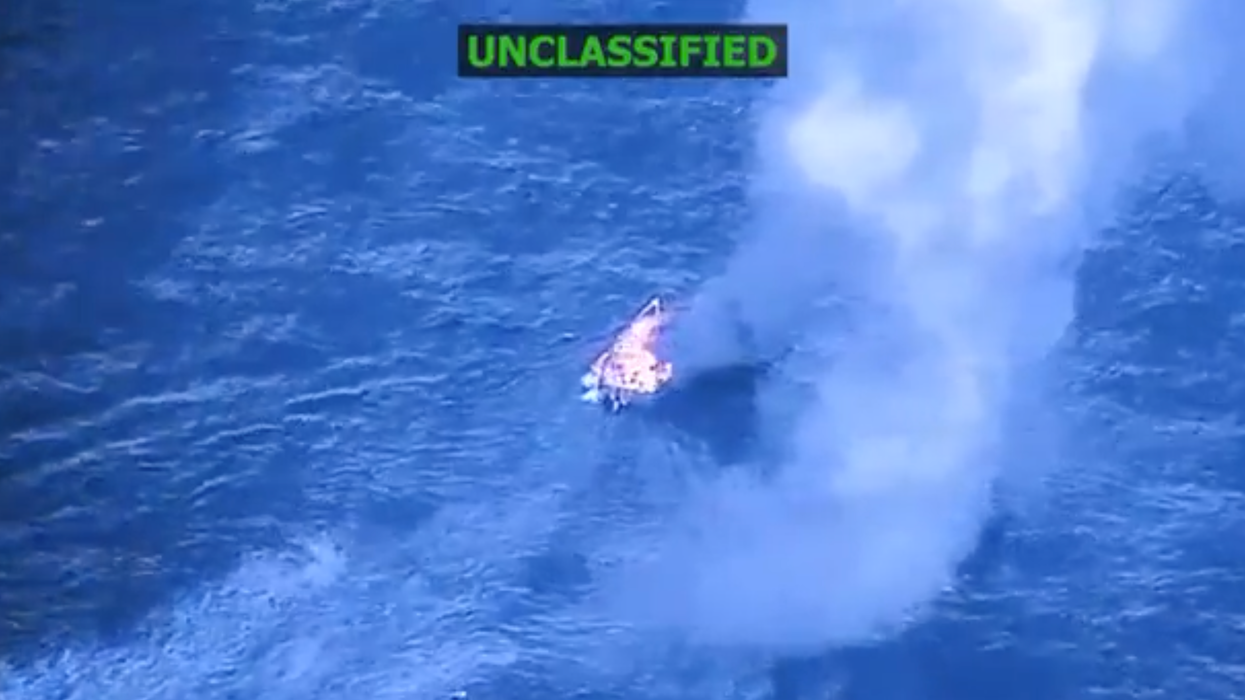March, 29 2017, 11:00am EDT

For Immediate Release
Contact:
Ai Kashiwagi, Energy Campaigner, Greenpeace Japan, ai.kashiwagi@greenpeace.org
Chisato Jono, Communications Officer, Greenpeace Japan, chisato.jono@greenpeace.org
Kyurim Kyung, Communication Team Leader, Greenpeace East Asia Seoul Office, kkyoung@greenpeace.org
Greenpeace International Press Desk, pressdesk.int@greenpeace.org, phone: +31 (0) 20 718 2470 (available 24 hours)
Westinghouse Bankruptcy Underscores Meltdown of the Global Nuclear Industry
The board of Westinghouse’s parent company, Toshiba, today approved the filing of Chapter 11 bankruptcy for its drowning U.S. company – a defining moment in the decades-long downward spiral of the global nuclear power industry.
TOKYO
Toshiba/Westinghouse is responsible for building more nuclear reactors worldwide than any other entity. With the financial meltdown of Westinghouse, Toshiba also recently announced its plans to withdraw from foreign construction projects - a move that has far-reaching implications outside Japan and the US, such as the construction of three reactors in the UK at Moorside.
"If we look at how nuclear stacks up against renewables, it's clearly in freefall. An estimated 147 gigawatts of renewable power was added in 2015, compared to just 11 gigawatts for nuclear power in the same year," said Ai Kashiwagi, Energy Campaigner at Greenpeace Japan (1).
"For too long the nuclear industry has locked away huge amounts of capital at the expense of developing increasingly affordable renewable energy and updating energy grids. The future of energy in Japan and globally will be renewables and it's time governments get on board."
Toshiba is expected to announce losses of 1 trillion yen (US$9 billion) due in large part to constructions cost overruns at reactors under construction in the United States. This is only the beginning of a process that is likely to see years of litigation between the owners of the U.S. reactors and Westinghouse/Toshiba, with inevitable costs and penalties running into billions of dollars.
The costs for the US reactors will be even greater if construction of the four AP1000 reactors continues at the Vogtle and VC Summer nuclear plants - and the reactors are only 40 and 31% percent complete respectively. There are no prospects that the reactor projects will be completed on schedule by 2019/2020, with rumors of completion by 2025-2030, and annual costs of US$1.5-2 billion.(2) Scrapping the projects, which were never viable in the first place, would be the most logical option.
South Korea's KEPCO is also considering buying into Toshiba's planned nuclear project in the U.K. at Moorside, but even that project has major financial uncertainties including contract prices and partners that have yet to make any financial investments in the project.
"Toshiba is scrambling to find a buyer to take the Westinghouse anvil from around its neck. That is unlikely given the enormous uncertainties of future costs and likely multi-year lawsuits. While KEPCO might buy into the UK's Moorside project, doing so would not be a smart move," said Kashiwagi.
"The Moorside reactors are of the same design that sunk Westinghouse's nuclear business. While KEPCO may be desperate to access the U.K. nuclear market, they would be making the same disastrous mistake that Toshiba made with its purchase of Westinghouse a decade ago."
KEPCO has its own reactor design, the APR1400, for which they have failed to secure additional orders for outside Korea since the first contract in the UAE in 2009.
Notes to editors:
1. Renewables 2016 Global Status report . For nuclear, taking into account reactors in long-term outage, operational nuclear capacity decreased 8GW.China accounted for 7.6 GW.of nuclear capacity added in 2015. See: World Nuclear Industry Status Report 2016.
2. Westinghouse Bankruptcy - U.S. Nuclear Projects and Future Financial Risks for Toshiba, Greenpeace Germany, 27 March 2017. https://www.greenpeace.org/japan/Global/japan/pdf/Bankruptcy_Brief.pdf
3. Toshiba was also one of the main contractors for the construction of reactors at the both Fukushima nuclear plants. A recent analysis of the costs of the Tokyo Electric Power Co. (TEPCO) Fukushima Daiichi accident (decommissioning, decontamination and compensation) are estimated to be 50-70 trillion yen (US$450-630 billion) over the coming decades, more than two to three times higher than the latest government estimate. Japan Center for Economic Research Report, 7 March 2017, The public burden of the Fukushima Daiichi accident (in Japanese). In November the Japanese government doubled its 11 trillion yen estimate to 21.5 trillion yen.
Greenpeace is a global, independent campaigning organization that uses peaceful protest and creative communication to expose global environmental problems and promote solutions that are essential to a green and peaceful future.
+31 20 718 2000LATEST NEWS
Democrats to Spotlight Trump Election Threats at January 6 Hearing
A panel aimed at fighting GOP efforts to "rewrite history" regarding the US Capitol attack will also "examine ongoing threats to free and fair elections posed by an out-of-control Trump administration."
Dec 30, 2025
At a hearing on the fifth anniversary of the January 6, 2021 attack on the US Capitol next week, House Democrats plan to look back as well as forward—countering Republicans' efforts to "rewrite history and whitewash" the attempted insurrection by President Donald Trump's supporters and warning of the GOP's threats to upcoming elections and to US democracy.
The event next Tuesday will be an unofficial one, as Democrats are in the minority and do not have the authority to call formal hearings.
House Minority Leader Hakeem Jeffries (D-NY) said in a Dear Colleague letter to other lawmakers on Monday that the hearing would shed light on the "toxic priorities" of Trump, who after taking office in January issued blanket pardons for nearly 1,600 people who were charged in connection to the January 6 attack.
" Donald Trump promised to lower the high cost of living on day one of his presidency," wrote Jeffries. "One year later, costs are out of control, America is too expensive, and Republicans believe that the affordability crisis is a hoax. They have done nothing to lower costs for everyday Americans, but are gutting healthcare and enacted massive tax breaks for their billionaire donors."
While doing nothing to make life more affordable for families—and helping to make household grocery and electricity bills higher—Trump has pardoned hundreds of people who "brutally assaulted law enforcement officers" on January 6, including several who have been charged with new crimes and "a troubling number" who "have been arrested for child molestation, sexual assault, and kidnapping," said the Democratic leader.
"Republicans own the failed economy, their broken promise to lower costs, and the crime spree the dangerous criminals pardoned by the president have visited on our country," wrote Jeffries.
The mob on January 6 attempted to stop the certification of the 2020 election, which Trump had spent weeks at that point insisting had been stolen from him and which the president and his allies continue to deny was won by former President Joe Biden.
But Republicans including House Speaker Mike Johnson (R-La.) have made efforts to sanitize the attack, which took place after Trump held a rally urging his supporters to march "over to the Capitol building to peacefully and patriotically make your voices heard" and said they would see whether "Republicans stand strong for integrity of our elections."
After Trump took office this year, Johnson announced a new congressional subcommittee that would expose "the false narratives peddled by” the previous bipartisan panel that issued a report in 2022 about Trump's efforts to overturn the 2020 election results and his encouragement of the attack.
Rep. Bennie Thompson (D-Miss.), who led the bipartisan committee, will also oversee next Tuesday's hearing.
In addition to exposing "the election deniers who hold high-level positions of significance in the executive branch," wrote Jeffries on Monday, the panel "will examine ongoing threats to free and fair elections posed by an out-of-control Trump administration."
The president has pushed Republican-led state legislatures in Texas, Missouri, North Carolina, and other states to draw new congressional maps to help the GOP maintain power in the 2026 midterm elections.
He signed an executive order in March that purported to require proof of citizenship for people who register to vote—an effort that was blocked by a federal judge in October—and the US Department of Justice has sued several states to compel them to share voter registration data with the federal government.
Legal experts have emphasized that the president does not have the authority to change how elections are run, despite Trump's continued efforts.
Jeffries said the January 6th Select Committee would join Thompson in leading the hearing, which is scheduled for 10:00 am Eastern time next Tuesday.
Keep ReadingShow Less
'This Is an Act of War': CIA Carried Out Drone Strike on Port Facility Inside Venezuela
One expert called the reported drone strike a "violation of Article 2(4) of the UN Charter and the Take Care Clause of the Constitution."
Dec 30, 2025
The US Central Intelligence Agency reportedly carried out a drone strike earlier this month on a port facility inside Venezuela, marking the first time the Trump administration launched an attack within the South American country amid a broader military campaign that observers fear could lead to war.
CNN on Monday was first to report the details of the CIA drone strike, days after President Donald Trump suggested in a radio interview that the US recently took out a "big facility" in Venezuela, prompting confusion and alarm. Trump authorized covert CIA action against Venezuela in October.
According to CNN, which cited unnamed sources, the drone strike "targeted a remote dock on the Venezuelan coast that the US government believed was being used by the Venezuelan gang Tren de Aragua to store drugs and move them onto boats for onward shipping."
To date, the Trump administration has not provided any evidence to support its claim that boats it has illegally bombed in international waters were involved in drug trafficking. No casualties were reported from the drone strike, and the Venezuelan government has not publicly commented on the attack.
"This is an act of war and illegal under both US and international law, let’s just be clear about that," journalist Mehdi Hasan wrote in response to news of the drone strike.
Brian Finucane, senior adviser with the US Program at the International Crisis Group, called the reported drone attack a "violation of Article 2(4) of the UN Charter and the Take Care Clause of the Constitution."
"Seemingly conducted as covert action and then casually disclosed by POTUS while calling into a radio show," he added.
CNN's reporting, later corroborated by the New York Times, came after the Trump administration launched its 30th strike on a vessel in international waters, bringing the death toll from the lawless military campaign to at least 107.
The Times reported late Monday that "it is not clear" if the drone used in last week's mission "was owned by the CIA or borrowed from the US military."
"The Pentagon has stationed several MQ-9 Reaper drones, which carry Hellfire missiles, at bases in Puerto Rico as part of the pressure campaign," the Times added.
Keep ReadingShow Less
30th Strike in Trump's High-Seas Kill Spree Claims 2 More Lives
At least 107 people have been killed in US bombings of boats that the Trump administration claims—without evidence—were involved in narco-trafficking in the Caribbean Sea and Pacific Ocean.
Dec 29, 2025
The US military said Monday that two alleged drug smugglers were killed in the bombing of another boat in the eastern Pacific Ocean, but—as has been the case throughout 30 such strikes—offered no verifiable evidence to support its claim.
US Southern Command (SOUTHCOM) said on X that, on orders from Defense Secretary Pete Hegseth, "Joint Task Force Southern Spear conducted a lethal kinetic strike on a vessel operated by Designated Terrorist Organizations in international waters."
"Intelligence confirmed the vessel was transiting along known narco-trafficking routes in the eastern Pacific and was engaged in narco-trafficking operations," SOUTHCOM added. "Two male narco-terrorists were killed. No US military forces were harmed."
According to the Trump administration's figures, at least 107 people have been killed in 30 boat strikes since early September. The administration has tried to justify the strikes to Congress by claiming that the US is in an “armed conflict” with drug cartels, while legal scholars and Democratic US lawmakers counter that the bombings are likely war crimes.
War powers resolutions aimed at reining in President Donald Trump’s ability to extrajudicially execute alleged drug traffickers in or near Venezuela failed to pass the Senate in October and the House earlier this month.
Monday's strike came amid Trump's escalating aggression against Venezuela, including the deployment of warships and thousands of US troops to the region, authorization of covert CIA operations targeting the country's socialist government, and threats to launch ground attacks.
Trump claimed Monday without providing evidence that US forces destroyed a "big facility" in an unspecified country where narco-traffickers' "ships come from."
Keep ReadingShow Less
Most Popular


